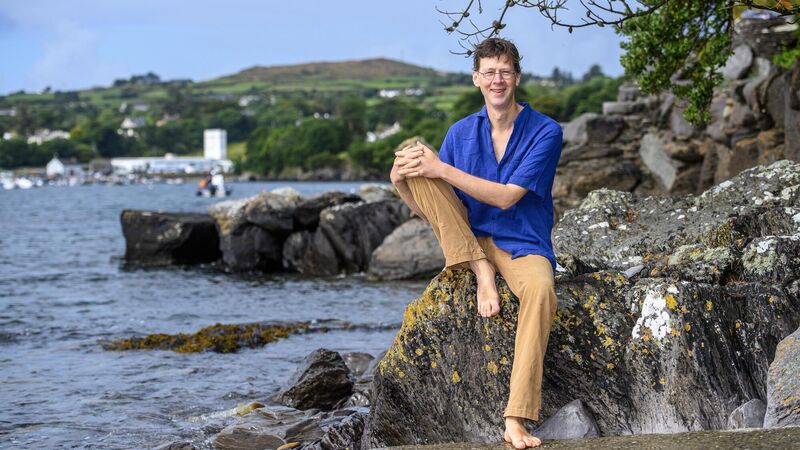Manchán Magan: On the zen of slow travel, and keeping his feet on the ground

Manchán Magan in Schull, Co Cork. Picture Dan Linehan
Manchán Magan loves the train so much, that the day after we speak he is planning on taking a trip from Dublin to Kerry — purely so he could get some work done.




